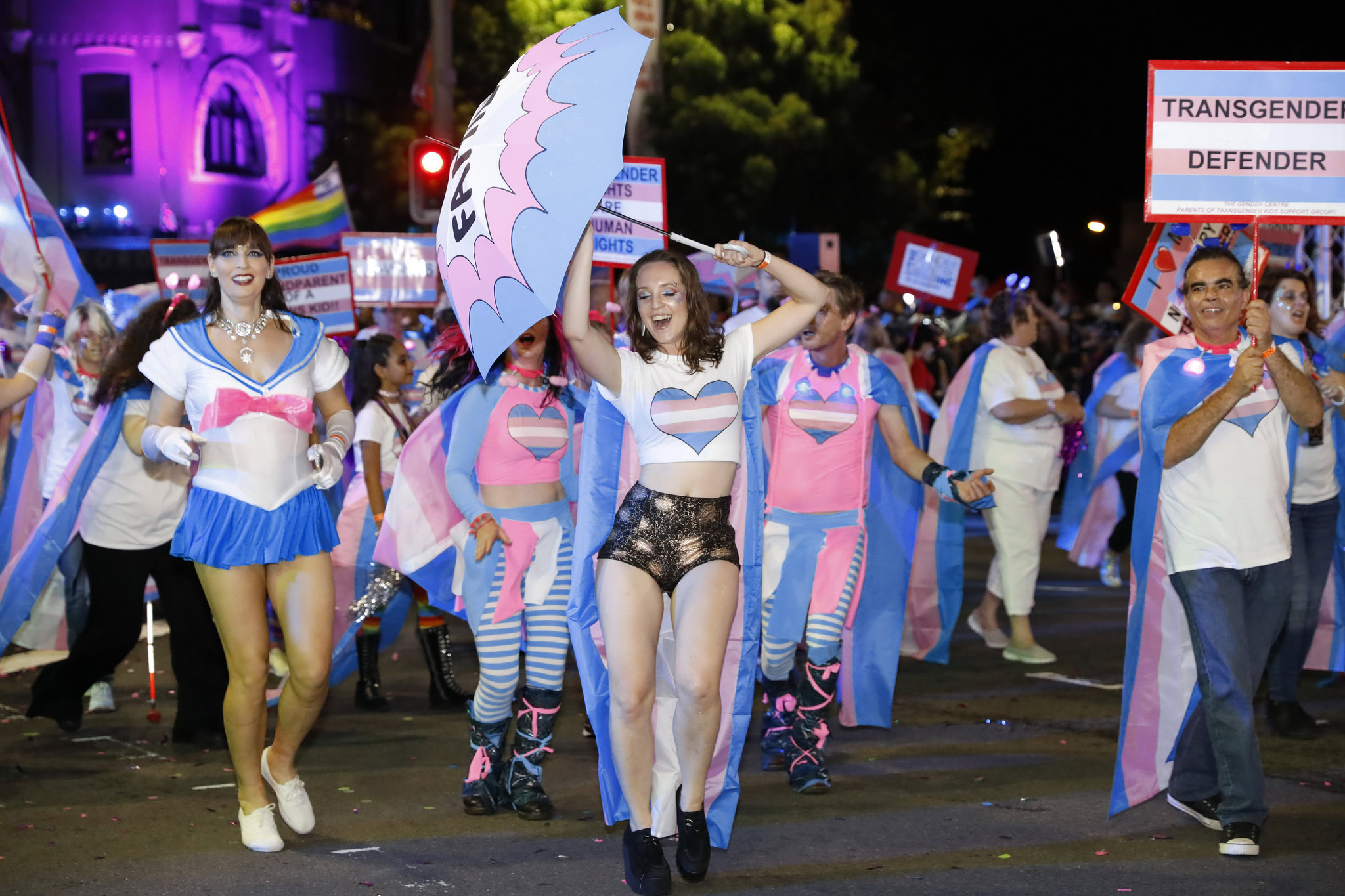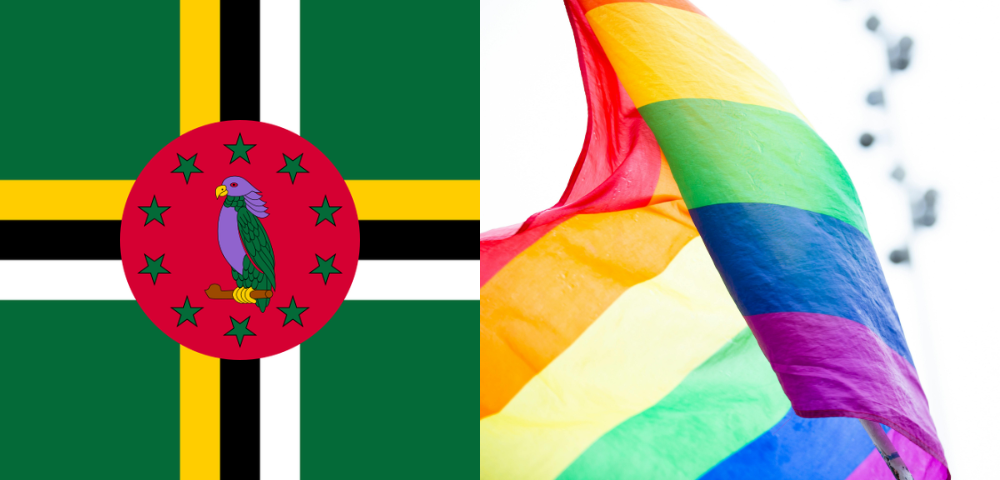
Almost half of people would be uncomfortable if a friend came out as trans: study

A new British study has shown that only about half of people—53 per cent—would be comfortable if a friend came out to them as trans.
The research, commissioned by LGBTI charity Stonewall, surveyed 1,000 adults about their attitudes towards trans people, Gay Star News has reported.
It found that 51 per cent think more should be done about the discrimination trans people face.
Most of the respondents—65 per cent—said they were concerned about the abuse trans people receive.
The study was launched to coincide with the release of Stonewall’s new Trans Allies Program, which aims to teach cis people skills to support and champion their trans friends and colleagues.
Head of Trans Inclusion Bex Stinson said that trans people can face particular challenges in the workplace compared with other LGBTI people.
“Many trans people still find it difficult to be their full selves at work,’”she said.
“[They] often facing bullying and discrimination.
“Whether it’s a lack of gender-neutral facilities, restrictive dress codes or a harassment policy that isn’t trans inclusive, trans people face very different challenges from their [cis] lesbian, gay and bi colleagues.”
Director of Empowerment Programs Sanjay Sood-Smith said that trans people can suffer from extreme abuse at work.
“We know trans and non-binary people face high levels of abuse and discrimination in their day-to-day lives,” he said.
“Half of trans and non-binary people have hidden their identity at work for fear of discrimination.
“One in eight trans employees have been physically attacked by a colleague or customer in the last year.”
Stinson said that the workplace is where allies can be the most needed.
“Advancing trans equality in the workplace should not just fall on the shoulders of trans staff—people who already battling discrimination and abuse in their day-to-day lives,” she said.
“Allies are most needed where trans people are most vulnerable, like when they are at work.”









